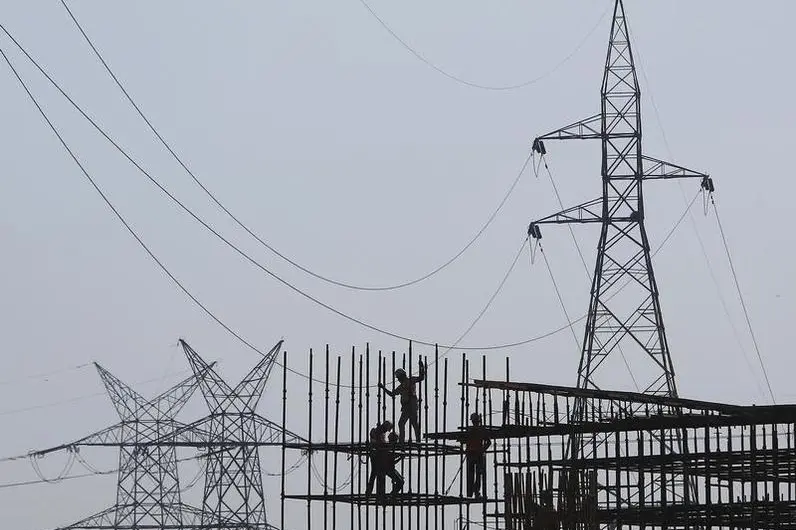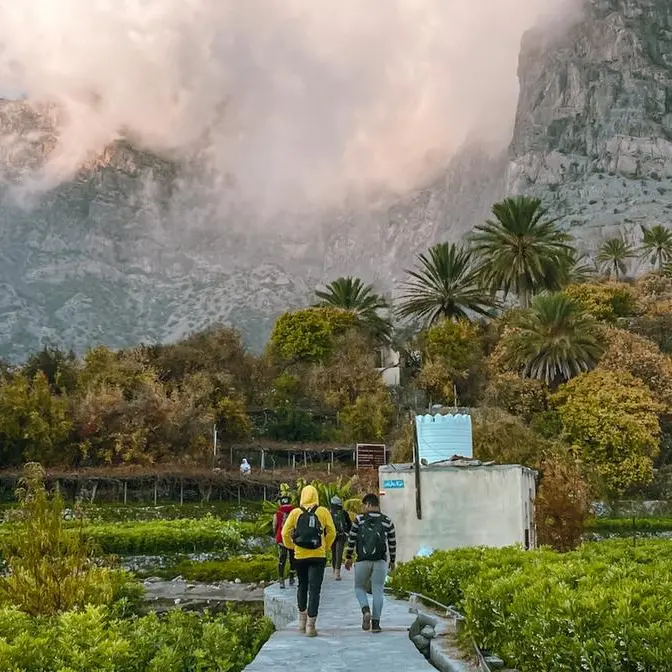PHOTO
While India has recently been seeing power shortages and rolling blackouts due to shrinking coal stocks hitting thermal power generation, Fitch Solutions maintains that the situation can still be handled by the authorities and is significantly less acute than the shortage being faced in China and Europe currently.
“We expect India's imminent power crunch to be averted for now, as the government moves to make more coal supplies available to power plants while weather issues hampering domestic coal mining resolve,” said Fitch in a new note.
Over half of India's 135 coal-fired power plants, which in total supply around 70 percent of India's electricity, have fuel stocks of less than three days as of last week, a Reuters report said.
While the increase in coal prices has made it uneconomical for Indian power plants to import coal, heavy rains in the coal belt states during the recent monsoons led to flooding inside the mines, hampering production.
In a bid to mitigate the shortages, the Indian government last week amended rules to allow "captive" coal mines, which produce coal for their own use, to sell 50 percent of its stock.
According to Fitch Solutions, India has faced this level of coal crunch previously and will be able to avert this crisis once again. "India’s power crunch should ease once weather issues resolve, and it is temporary and unlikely to impact the country's economy in the same degree as the power crunch in China," it said.
Fitch said a reduction in household demand for electricity in the upcoming winter months will also ease pressure on India's power grid.
According to 2020 figures, India possesses the fifth largest coal reserves in the world, at 10 percent of world total, yet is the world’s third largest importer of coal. State-owned Coal India, that possesses a monopoly on the commercial mining of coal, meets around 80-85 percent of the country’s coal needs, while the remainder is imported.
Fitch said the current coal supply squeeze points to the country’s need to speed up the opening up of its coal sector to private players. “The commercial mining of coal by private players along with Coal India will ensure the country’s energy security and reduce the need for imports.”
However, attempts to auction coal blocks to private players had been futile until 2020, as strike action by CIL and its subsidiaries' unions against commercial mining forced the government to take a step back.
While India has successfully managed to auction of some coal blocks to private players for commercial mining and sales of coal, “we believe it will take a few years for these coal mines to actually come into operation”.
The Indian coal crisis also comes as China, faced with a power shortage of its own, imposed rationing. In Europe, a surge in gas prices due to shortages has higher energy prices.
The power disruptions come just as business activity began picking up in large swathes of the economy. The World Bank last week set growth estimates for India at 8.3 percent in 2021-22.
(Writing by Brinda Darasha; editing by Seban Scaria)
Disclaimer: This article is provided for informational purposes only. The content does not provide tax, legal or investment advice or opinion regarding the suitability, value or profitability of any particular security, portfolio or investment strategy. Read our full disclaimer policy here.
© ZAWYA 2021





















